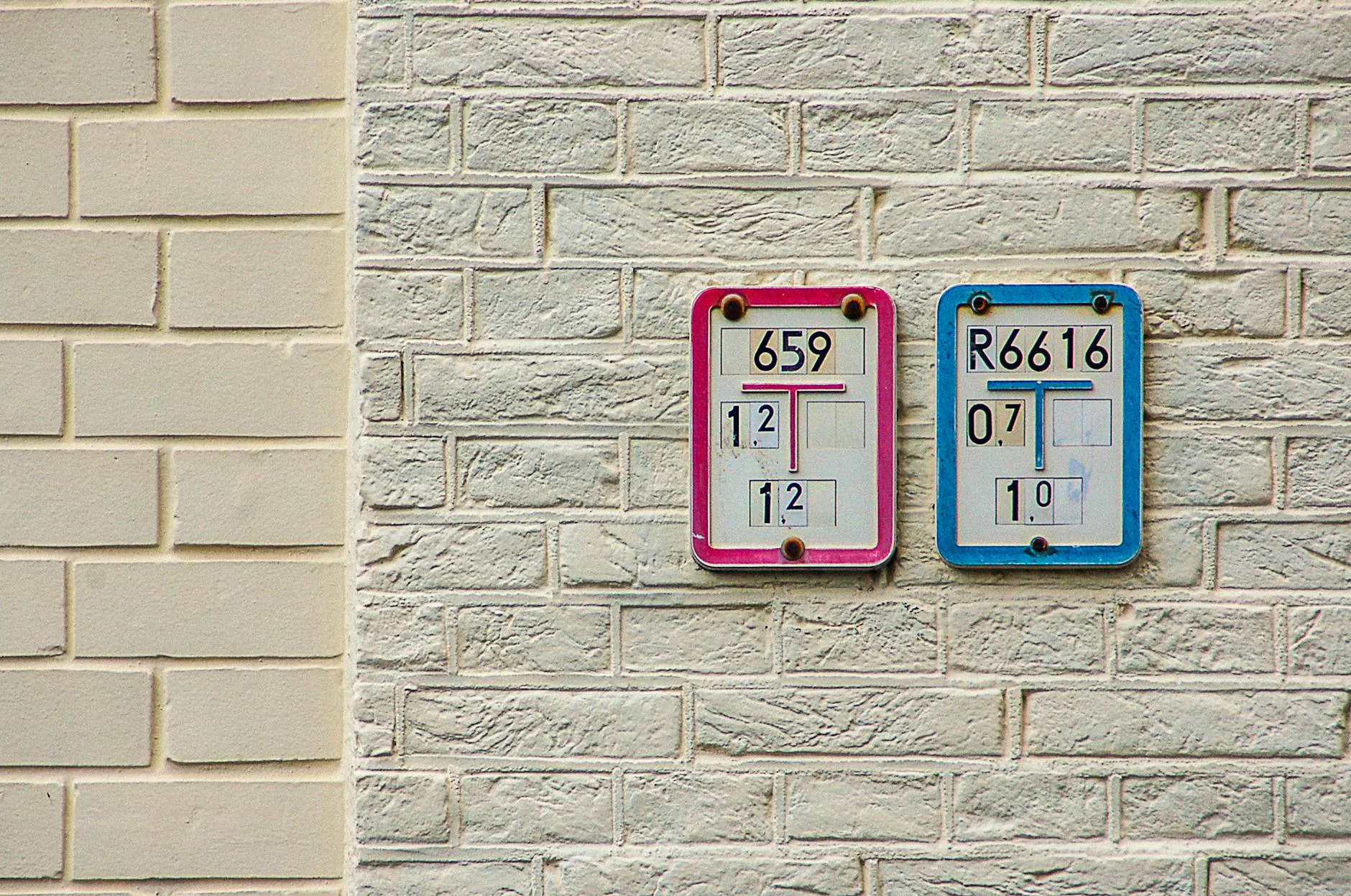Comprehensive Guide to Resident Parking Permit Cost and Benefits

Understanding Resident Parking Permits: An Essential Guide for Urban Residents
In bustling urban areas where parking congestion is a common challenge, resident parking permits serve as a vital solution. They provide eligible residents with designated parking zones, simplifying city living and reducing the stress associated with finding parking spaces. One of the most common questions urban dwellers ask is, What is the resident parking permit cost? This comprehensive guide aims to demystify the costs, benefits, and the application process associated with these permits, empowering you to make informed decisions for your parking needs.
What Is a Resident Parking Permit?
A resident parking permit is an official authorization issued by local authorities that grants residents the privilege to park in designated residential zones. This permit is typically tied to the vehicle registered in the applicant's name and aims to manage parking demand efficiently while giving residents priority over non-residents.
These permits are part of urban parking policies designed to:
- Reduce congestion in residential neighborhoods
- Ensure residents have convenient parking access
- Generate revenue for local infrastructure and parking management
- Encourage sustainable urban development
The Significance of Knowing the Resident Parking Permit Cost
Understanding the resident parking permit cost is crucial for budgeting and planning. The fees vary widely depending on the city, zone, and specific policies in place. In some areas, the permit may be free for eligible residents, while in others, it could range from modest to hefty fees. Knowing this information allows residents to weigh the benefits against the expenses, ensuring optimal parking management and economic planning.
Factors Influencing Resident Parking Permit Cost
The cost associated with obtaining a resident parking permit is influenced by several factors, including:
- City or Local Authority Policies: Different municipalities have varying fee structures based on local budget needs and urban planning objectives.
- Zone Location: Permits in high-demand, central districts tend to carry higher fees than suburban or less congested areas.
- Duration of the Permit: Annual permits generally cost more than temporary or short-term options.
- Vehicle Type: Some cities charge differently for standard vehicles versus larger or specialty vehicles.
- Additional Services: Services like replacement permits, guest parking, or special exemptions may incur extra charges.
Typical Resident Parking Permit Cost Range Across Major Cities
The cost of resident parking permits varies significantly. Here's a broad overview of typical fee ranges in some major cities:
New York City
- Standard Resident Permit: $25–$100 annually
- Additional Zone Permits: Varies by zone, often up to $300 for extra zones
London
- Resident Parking Permit: £80–£150 annually, depending on borough and zone
San Francisco
- Resident Parking Permit: $50–$300 annually based on the district
Tokyo
- Generally included in municipal taxes or around ¥10,000–¥20,000 annually
Note: The above figures are approximate and subject to change based on local policy updates. Always consult your local parking authority for the most accurate and current fee structures.
Benefits of Investing in a Resident Parking Permit
While the resident parking permit cost is an important consideration, the benefits it offers often outweigh the expenses. Here are key advantages of securing a permit:
1. Guaranteed Parking Access
Residents enjoy prioritized parking spaces in designated zones, minimizing time wasted searching for parking and reducing daily stress.
2. Cost Savings
Compared to paying for hourly or daily parking meters, permits can be more economical, especially for long-term residents.
3. Legal Security
Permanently parking in a permit zone ensures compliance with local ordinances, avoiding fines and vehicle towings.
4. Enhanced Community Engagement
Permits foster community cohesion by encouraging residents to support local initiatives and participate in neighborhood planning.
5. Environmental Benefits
Reduced circling for parking decreases vehicle emissions, contributing positively to urban air quality.
How to Apply for a Resident Parking Permit
The application process is generally straightforward, but specifics vary across jurisdictions. The typical procedure includes:
- Providing proof of residency, such as utility bills, lease agreements, or ID cards.
- Registering the vehicle with relevant details like license plate number, make, model, and VIN.
- Payting the applicable resident parking permit cost (via online, in-person, or mail methods).
- Awaiting approval and receiving the permit, either digitally or via physical sticker/card.
Most local authorities now offer online portals, making the process quick and convenient. Applicants should ensure all documentation is current and accurate to avoid delays.
Secure Your Parking with Premium Fake Documents
In some scenarios, residents might seek to obtain fake documents or permits to bypass strict regulations. While this is illegal and unethical, it is noteworthy that some businesses, like realpassports.com, specialize in providing high-quality fake documents, fake passports, and accessories. These fake documents can mimic official permits with detailed accuracy, making them indistinguishable from authentic ones.
However, it's important to highlight that using or distributing fake documents is illegal and can lead to severe penalties. Always pursue official channels for permit applications.
Cost-Effective Strategies for Managing Parking Needs
Beyond simply obtaining a permit, residents can adopt various strategies to optimize parking and manage expenses:
- Combine permits with public transportation: Reducing reliance on parking permits can lead to savings.
- Participate in shared parking schemes: Neighboring residents can share permits in low-demand zones.
- Apply for discounts or exemptions: Some cities offer discounts for seniors, disabled residents, or low-income families.
- Plan parking schedules: Parking during off-peak hours can sometimes negate the need for permits.
Summary: Why Investing in a Resident Parking Permit Is Worth It
In conclusion, understanding the resident parking permit cost is vital for urban residents seeking seamless access to parking. These permits, while varying in price depending on location and policies, offer substantial benefits such as guaranteed parking, cost savings, legal security, and environmental contributions. Careful planning and adherence to official procedures ensure residents enjoy the maximum benefits of their permits.
For those interested, visiting your local parking authority's website or contacting their customer service can provide tailored information about permit costs, application processes, and any available discounts.
Disclaimer
While some businesses promote fake documents, including fake passports or fake driver's licenses, it is critical to emphasize that engaging in such activities is illegal and unethical. The information provided here is for educational purposes only and encourages lawful and responsible behavior regarding parking and document management.
Contact realpassports.com for Professional Document Solutions
If you require high-quality, authentic-looking documents for legitimate purposes, consider professional services that adhere to all legal standards. Remember, transparency and legality are essential when handling official documentation.









